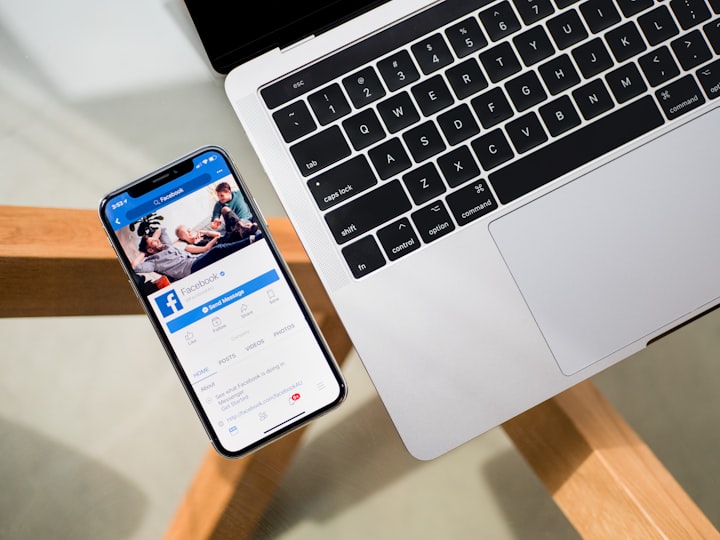
Social media has become a ubiquitous aspect of modern life. With billions of users across various platforms, it has revolutionized the way we connect with one another, share information, and consume media. However, as its usage has become more widespread, concerns have been raised about its potential impact on mental health.
Social media has revolutionized our lives in many ways. It has made us more connected to each other, allowed us to share our thoughts and ideas with anyone around the world, and even helped us find jobs or partners. However it also has had a negative impact on our mental health by creating anxiety and depression.
When people overly rely on social media for companionship, validation or just recreation they can become obsessed with the digital world more than their real-world life. This can cause them to neglect their physical and mental health leading to various forms of anxiety and depressions. In some cases this can lead to severe psychological issues such as suicidal tendencies.
This is why it is important that we understand the impact of social media on our mental health and make sure that we are mindful when using these platforms. Learn how to control your usage, look for healthier habits online, find support groups online or offline; all these methods can help mitigate the risks associated with social media use for mental health
Studies have shown that social media can have both positive and negative effects on mental health. On the positive side, social media can provide social support and a sense of community, which can be especially beneficial for those who feel isolated or marginalized. Social media can also be a source of information and education, and can help raise awareness about mental health issues.
However, social media can also have negative effects on mental health. One of the most significant concerns is the impact of social media on self-esteem. Social media platforms are often curated and filtered, presenting a distorted view of reality that can make people feel inadequate or insecure. This can lead to feelings of anxiety, depression, and low self-worth.
Another concern is the impact of social media on sleep. Studies have shown that using social media before bed can disrupt sleep patterns, leading to poorer quality sleep and increased feelings of fatigue and exhaustion. This can have a knock-on effect on mental health, leading to increased feelings of anxiety and depression.
Social media can also exacerbate feelings of loneliness and isolation. While social media can provide a sense of connection, it can also create a sense of distance and disconnection. Studies have shown that social media use can be linked to increased feelings of social isolation, especially in those who use social media as a substitute for face-to-face interaction.
In addition, social media can expose individuals to a range of negative and triggering content, such as cyberbullying and hate speech. This can lead to feelings of distress and trauma, especially in vulnerable populations such as children and adolescents.
There are also concerns about the impact of social media on body image and eating disorders. Social media platforms are often filled with images of unrealistic beauty standards, which can lead to body dissatisfaction and disordered eating. This is especially true for young people, who may be more susceptible to these messages.
So, what can be done to mitigate the negative effects of social media on mental health? One solution is to promote digital literacy and critical thinking skills. By teaching individuals how to critically evaluate social media content, they can better protect themselves from harmful messages and misinformation.
Another solution is to encourage social media platforms to take a more active role in protecting users’ mental health. This can include implementing tools and resources to promote positive mental health, as well as addressing cyberbullying and hate speech.
Finally, it’s important for individuals to take responsibility for their own social media usage. This can include setting limits on social media use, practicing self-care, and seeking support when needed.
In conclusion, while social media can provide many benefits, it also has the potential to negatively impact mental health. It’s important for individuals, social media platforms, and society as a whole to work together to mitigate these negative effects and promote positive mental health. By taking a proactive and collaborative approach, we can ensure that social media remains a positive force for connection and support.
About the Creator
Abdou AG
Abdou AG is a writer and researcher who specializes in writing articles about artificial intelligence (AI). With a strong passion for technology and its potential to change the world, he has spent several years studying and writing about AI






Comments (1)
Thanks!